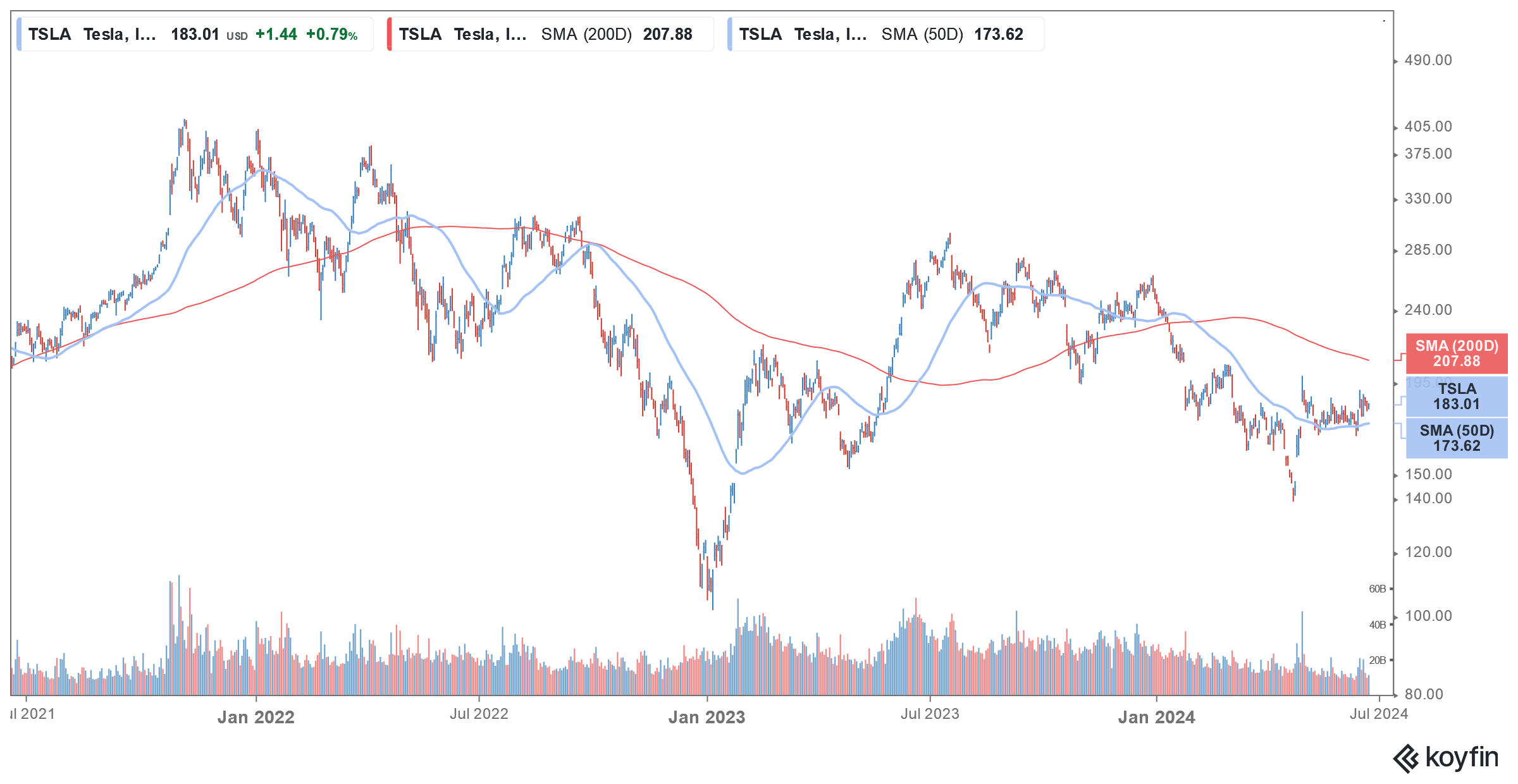China and EU Set to Hold Talks on Proposed EV Tariffs
Please note that we are not authorised to provide any investment advice. The content on this page is for information purposes only.
Earlier this month, the EU imposed tariffs of upto 38.1% on electric vehicle (EV) imports from China. The two have however agreed to hold talks on the proposed tariffs which China has bitterly opposed and termed them “blatant protectionism.”
Germany’s Economy Minister Robert Habeck, who was on a visit to China, said the EU commissioner Valdis Dombrovskis had informed him that there would be negotiations about the proposed tariffs on Chinese electric cars.
Speaking in Shanghai, he said, “This is new and surprising in that it has not been possible to enter into a concrete negotiation timetable in the last few weeks.” After his meeting with Chinese officials, Habeck said, “What I suggested to my Chinese partners today is that the doors are open for discussions and I hope that this message was heard.”
China and EU Agree to Hold Talks Over EV Tariffs
The minister emphasized, “We are far from the end, but at least, it is a first step that was not possible before.”
Germany, which is China’s biggest trading partner in Europe was reportedly looking to soften the tariffs amid stiff opposition from China.
According to the EU, around a quarter of cars sold in the region are now Chinese and the percentage has been increasing gradually over the years. Notably, China has an annual production capacity of 40 million cars while the domestic demand is just around 30 million units. Just as with other industrial products like steel and chemicals where domestic Chinese companies export their overproduce in international markets, Chinese automakers have been looking to export cars to beat the slowdown at home.
The US Has Quadrupled Tariffs on Chinese Electric Cars
China’s auto exports rose 50% last year and several Western countries fear a flood of Chinese cars hitting their shores. Incidentally, US President Joe Biden has also increased the tariffs on Chinese EVs from 25% to 100% which has effectively banned their imports as the huge tariffs would make Chinese cars uncompetitive.
Biden also signed the Inflation Reduction Act in 2022 which provides for EV tax credits of upto $7,500. However, not only have the cars have to be assembled in North America but there are also localization rules for battery and battery materials as the country tries to reduce reliance on China.
Price War in the Chinese Electric Vehicle Industry
Notably, there has been an intense price war in the Chinese EV industry. The EV war in China began in Q4 2022 when Tesla lowered car prices. The EV giant’s price cuts were followed by similar announcements from other carmakers including Xpeng Motors, Ford, Toyota, and Nissan.
Last year, even NIO lowered car prices. Previously the company had categorically said that it wouldn’t join the price war.
Last year, The China Association of Auto Manufacturers (CAAM) tried to bring about a truce in the price war.
A total of 16 automakers including Tesla signed the pledge at an industry conference in Shanghai which stated they “take on the heavy responsibility of maintaining steady growth, strengthening confidence and preventing risks.”
However, the truce failed and shortly CAAM said that the EV price war agreement violated China’s antitrust law and it would retract the pledge. To be sure, the fate of the deal looked in limbo as just a day after the pledge, Tesla announced a $500 referral bonus which is tantamount to discounts.
Chinese EV Stocks Has Sagged
Meanwhile, Chinese EV stocks have sagged this year amid the price war and intensifying competition. However, while there is a global clamor for imposing tariffs on Chinese electric cars, Tesla CEO Elon Musk does not support US tariffs on Chinese EVs.
He was all praise for Chinese EV (electric vehicle) companies and during Tesla’s Q4 2023 earnings call in January he said that they could “demolish” competitors.
“Frankly, I think, if there are not trade barriers established, they will pretty much demolish most other companies in the world,” said Musk during the earnings call.
Musk on Chinese EV companies
The billionaire added, “The Chinese car companies are the most competitive car companies in the world. So, I think they will have significant success outside of China depending on what kind of tariffs or trade barriers are established.”
To be sure, this is not the first time that Musk has praised Chinese EV companies and the world’s richest person had made similar comments a year back during Tesla’s Q4 2022 earnings call.
“I think we have a lot of respect for the car companies in China. They are the most competitive in the world. That is our experience,” Musk had then said.
He added, “And the Chinese market is the most competitive. They work the hardest and they work the smartest. That’s — so a lot of respect for the China car companies that we’re competing against. And so, if I would have guessed, there are probably some company out of China as the most likely to be second to Tesla.”
China Is Looking to Confront the EU Over Tariffs
Meanwhile, China is looking to fight back against the tariffs in the EU, and Zheng Shanjie, chairman of China’s National Development and Reform Commission, said, “We will do everything to protect Chinese companies.”
He also said that the growth in the Chinese EV industry “is the result of competition, rather than subsidies, let alone unfair competition.”






